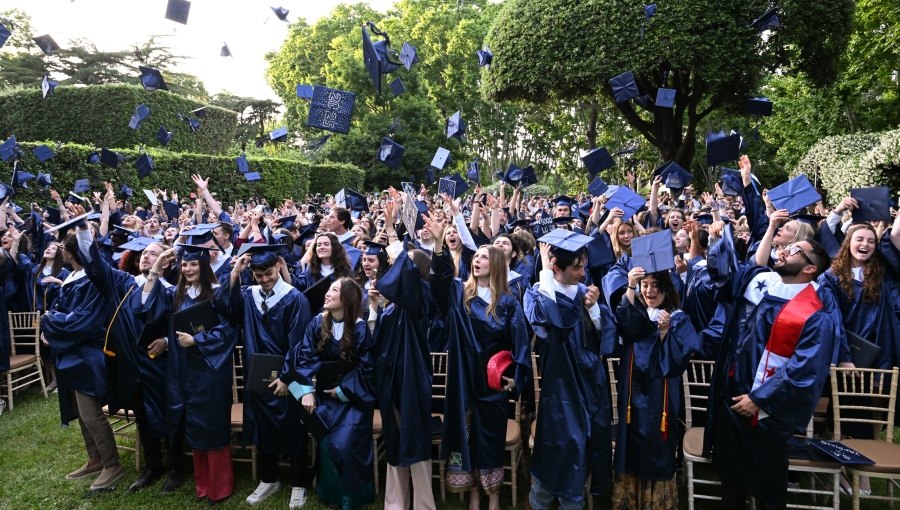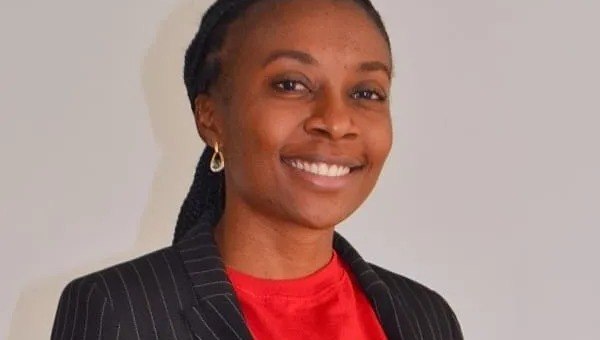A Dialogue with the Middle East: Professor Donatella Della Ratta
Donatella Della Ratta, Assistant Professor of Communications and Media Studies, joined JCU in Spring 2017. Specializing in Arabic-speaking media, she earned her Ph.D. at the University of Copenhagen with a dissertation on soap operas and TV series in Syria. She currently teaches Media, Culture, and Society; Social Media, Social Movement, Social Change; and Digital Media Culture.
What is your teaching philosophy?
I believe in interaction, I think it is very important to get the students involved, and I also believe in peer learning. Most of my teaching is research-based, so I bring a lot of fieldwork into the classroom, especially about Arabic-speaking media, which is my area of expertise. This semester I’m teaching the Social Media, Social Movement, Social Change class (CMS 312) and I like to use videos, films, and ethnographic research in order to bring everyday life into the classroom.
What is one challenge you faced in your career?
Definitely the Arab Spring. I was in Syria at the Danish Institute finishing the fieldwork for my Ph.D. when it started. It was very challenging to be in a situation of political unrest, because the people I was working with were directly involved in what was happening. It was very hard to see them as media professionals on one hand and as citizens of a country that was going through a big change on the other.
How did you become passionate about media studies and how did you get involved with Arabic-speaking media?
When I was a student at the University of Rome “La Sapienza,” I wanted to be a war correspondent, so I started traveling with a journalist from RAI, the Italian public broadcaster. The first trip he had on schedule was to Israel and the occupied Palestinian territories. I went because I wanted to cover the conflict, but eventually I changed my mind about becoming a war correspondent and I started to become very interested in Arabic media. It was during the rise of satellite television and it was crazy to see how the Palestinians were so poor that they had nothing, no food, no electricity, but still they had TV, they had a community satellite dish for everybody. So it was a very interesting time to start focusing on media in the area.
As an expert in the field, how would you say that Arabic media is perceived?
Now there is definitely a lot more interest in Arabic-speaking media from everybody, compared to when I started. I did my dissertation on soap operas and TV series from Syria, and I noticed a growing interest in popular culture in the Middle East as a way to understand everyday life. My students seem very interested, they ask many questions about Syria and the entire region. They want to understand what happened in 2011 and why it’s turning so violent now.
What is your impression of JCU so far?
What I really like is the diversity of the students; besides the Italians and the Americans of course, in my classes I have people from Ghana, Liberia, China, and Russia and I think this variety is actually helping the teaching and learning process. For instance in my Media, Culture and Society (COM 220) class everybody is bringing up examples from their own culture, which adds to the richness of the class as a whole. I too have been working outside of Italy, my country, for a decade now. Eventually, I hope that JCU can become a hub for dialogue with the Mediterranean and I am willing to help in this with my expertise.






